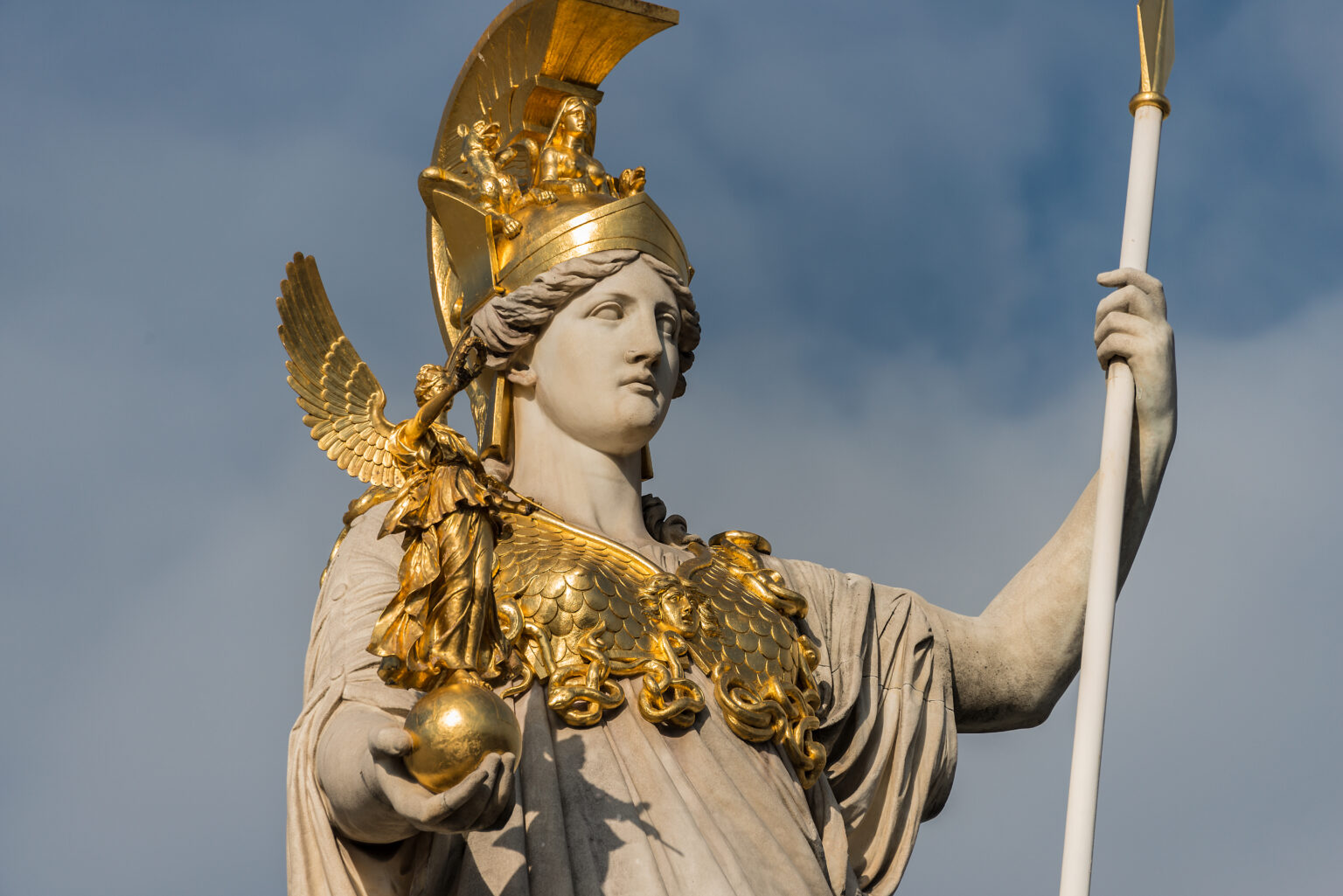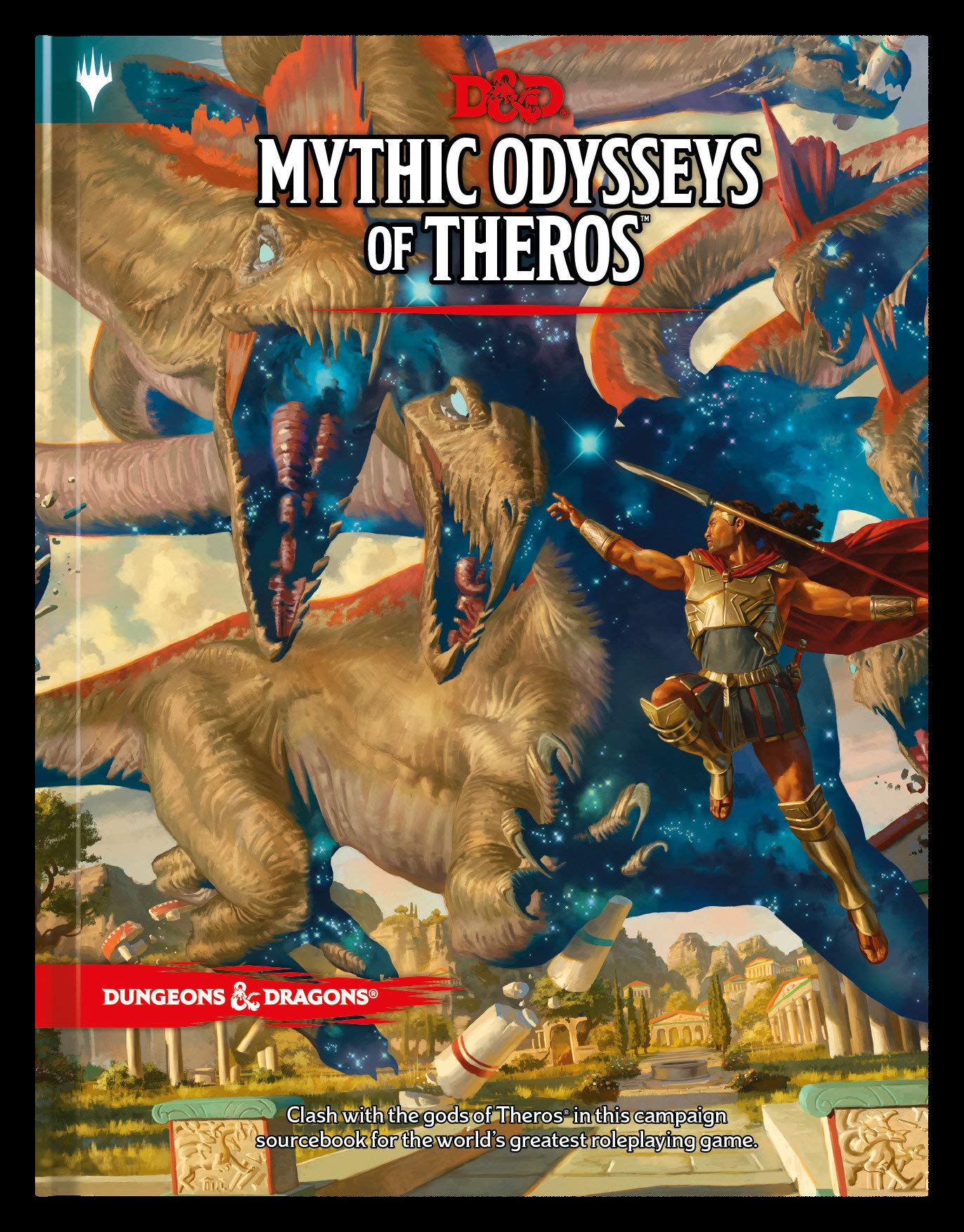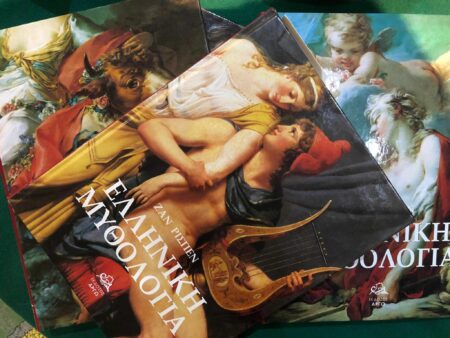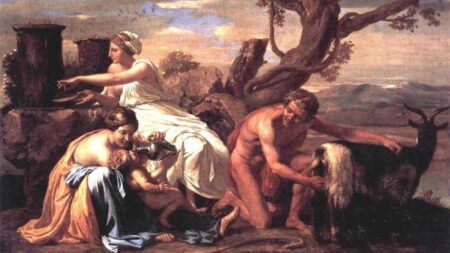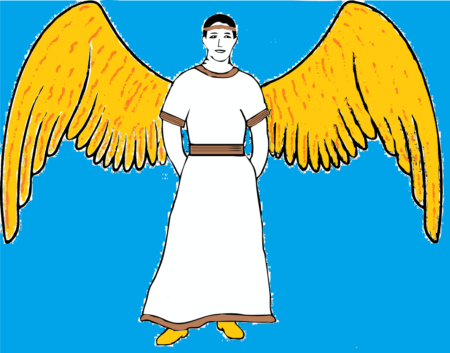On this website, we’ve often written about Greek Mythology. We have listed the most famous stories of Greek Mythology and Ancient Greece, and we have recommended our favorite Greek Mythology toys and books about Greek Myths for kids. Kids love Greek Mythology and there is a lot to learn from the many tales. But what is Greek Mythology, and how did it all start? This article will help you talk about Greek Mythology with your children.
What is Greek Mythology?
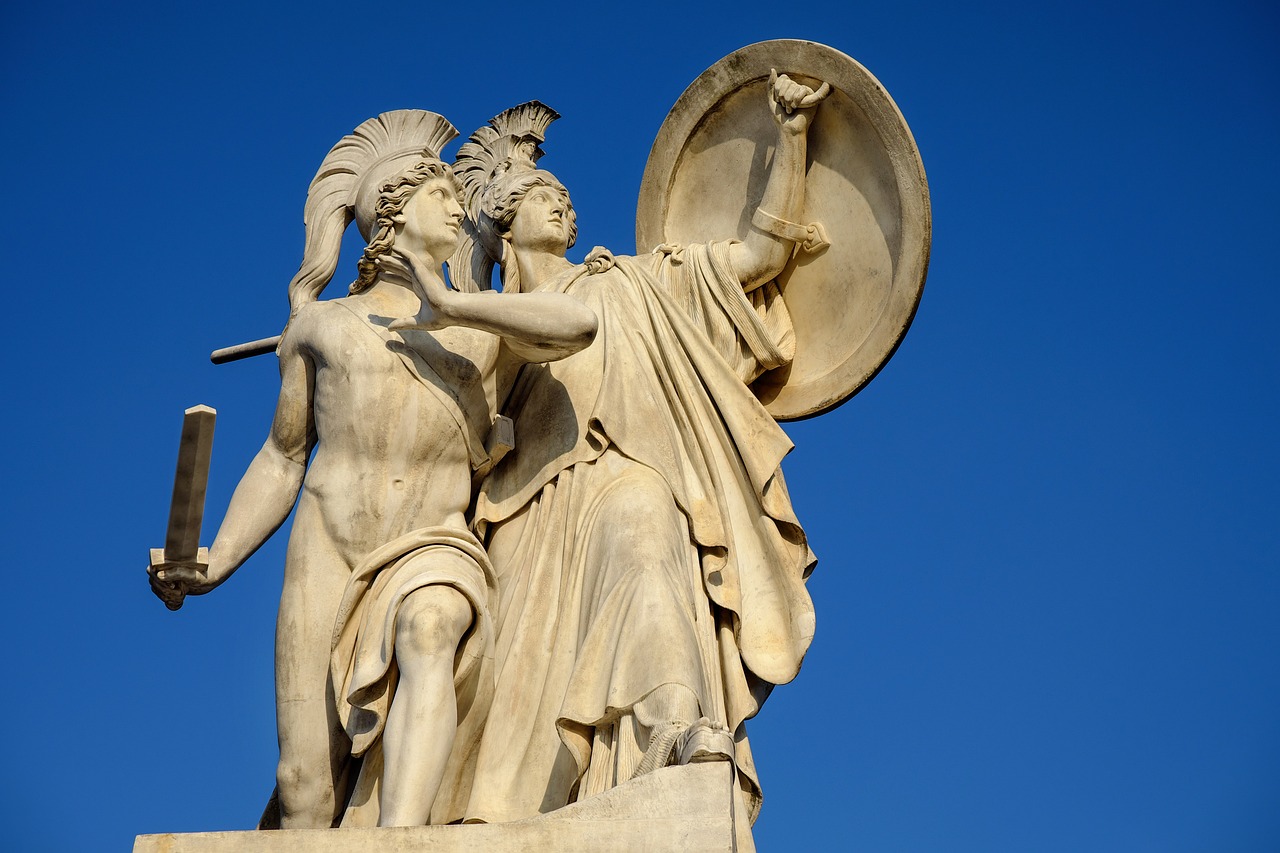
Ancient Greek mythology is the body of stories and myths which the ancient Greeks told, it is also a genre of ancient Greek folklore.
Most of these stories were told by the Ancient Greeks to their families and friends over many generations. The stories frequently featured wars and heroic battles, frightening monsters, and also taught the importance of bravery, intelligence, fear, love, fun, and right and wrong.
Many myths come in the form of religious stories, signifying the roles of the Gods. Many myths were based on the fact that Gods, like human men and women, could be punished or rewarded for their actions.
The Ancient Greeks used myths about Gods to help them understand things happening around them, such as the forces of nature. There were sea gods, woodland gods, sky gods, underwater gods, half-gods, and human heroes undertaking courageous or romantic adventures.
Sources of Ancient Greek mythology
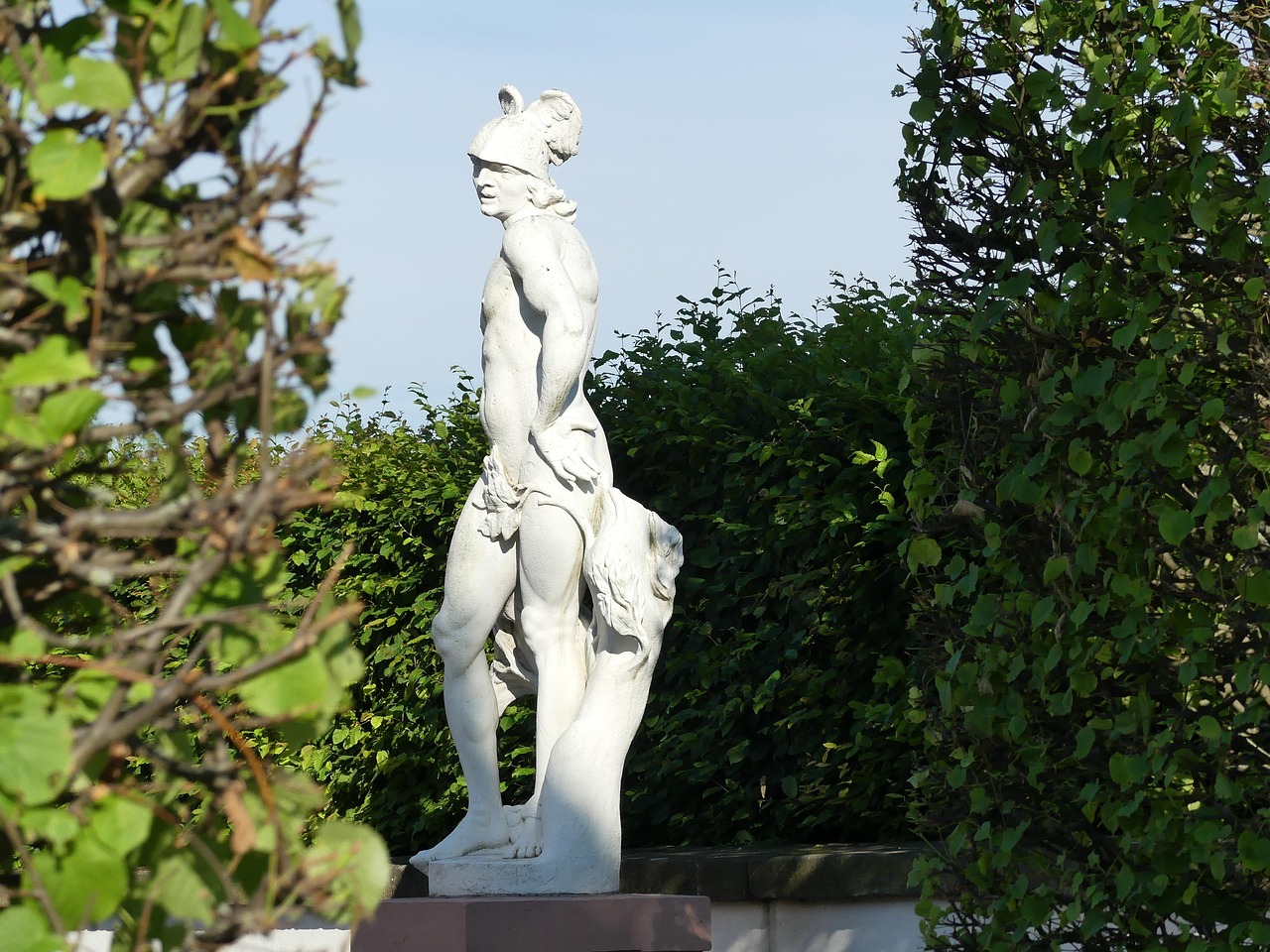
Archaeological findings
It is difficult to say exactly when Greek Mythology started. Details of the ancient tales have been found on everything from pottery to temples and stone statues over the years. It is believed the first Ancient Greek civilizations were formed nearly 4000 years ago (approximately 1600 BC) by the Mycenaeans of Crete (a Greek island).
- The discovery of the Mycenaean civilization in the 19th century preserved the Mycenaean culture’s records, dating back to 1600 – 1200 BC.
- The discovery of the Minoan civilization in Crete in the 20th century preserved the records of the Minoan culture, which dated back to 2200 – 1450 BC.
The Ancient Greek Empire spread from Greece throughout Europe and, in 800 BC, the Greeks started to split their land into city-states, each with its own laws, customs, and rulers. The largest were Athens, Sparta, Thebes, and Corinth.
Literary references
Around 700 BC, the poet Hesiod’s Theogony offered the first written version of Greek Mythology. Theogony tells the story of the universe’s journey from nothingness (Chaos) to reality, and details a family tree of elements, Gods, and Goddesses who evolved from Chaos and descended from:
- Gaia (Earth)
- Ouranos (Sky)
- Pontos (Sea), and
- Tartaros (the Underworld)
The two oldest surviving examples of Greek literature are The Iliad and The Odyssey, epic poems written by Homer that describe the Trojan War, a conflict between the Greeks and the city of Troy fought almost 1200 years before the Common Era.
Read also: The best books about Greek Mythology of all time
Religious Myths in Ancient Greece
The religious myths of the Greeks were centered around their Gods. These were mainly composed of the adventures and the impact of the famous 12 Olympian Gods. The 12 Gods were the major deities of the Greek pantheon.

The Olympian gods are commonly considered to be Zeus, Hera, Poseidon, Demeter, Athena, Apollo, Artemis, Ares, Hephaestus, Aphrodite, Hermes, and either Hestia or Dionysus.
The religious myths are also about the genesis of the Gods. And the world out of the primary Chaos. It even includes the struggles of the Gods to establish their supremacy over the Titans. The event culminated in the rise of Zeus as the ruler of the Gods at Mount Olympus.
Here below, we’ll discuss a few of the most famous Olympian Gods:
Zeus
Zeus was considered one of the most important gods, and many stories are about his adventures and amours with Goddesses and mortal women. These would result in the birth of many lesser deities, Gods, and mortal heroes. The children of Zeus would also become famous figures, establishing their own legends in due course of time.
Stories and legends of Gods, demigods, and heroes
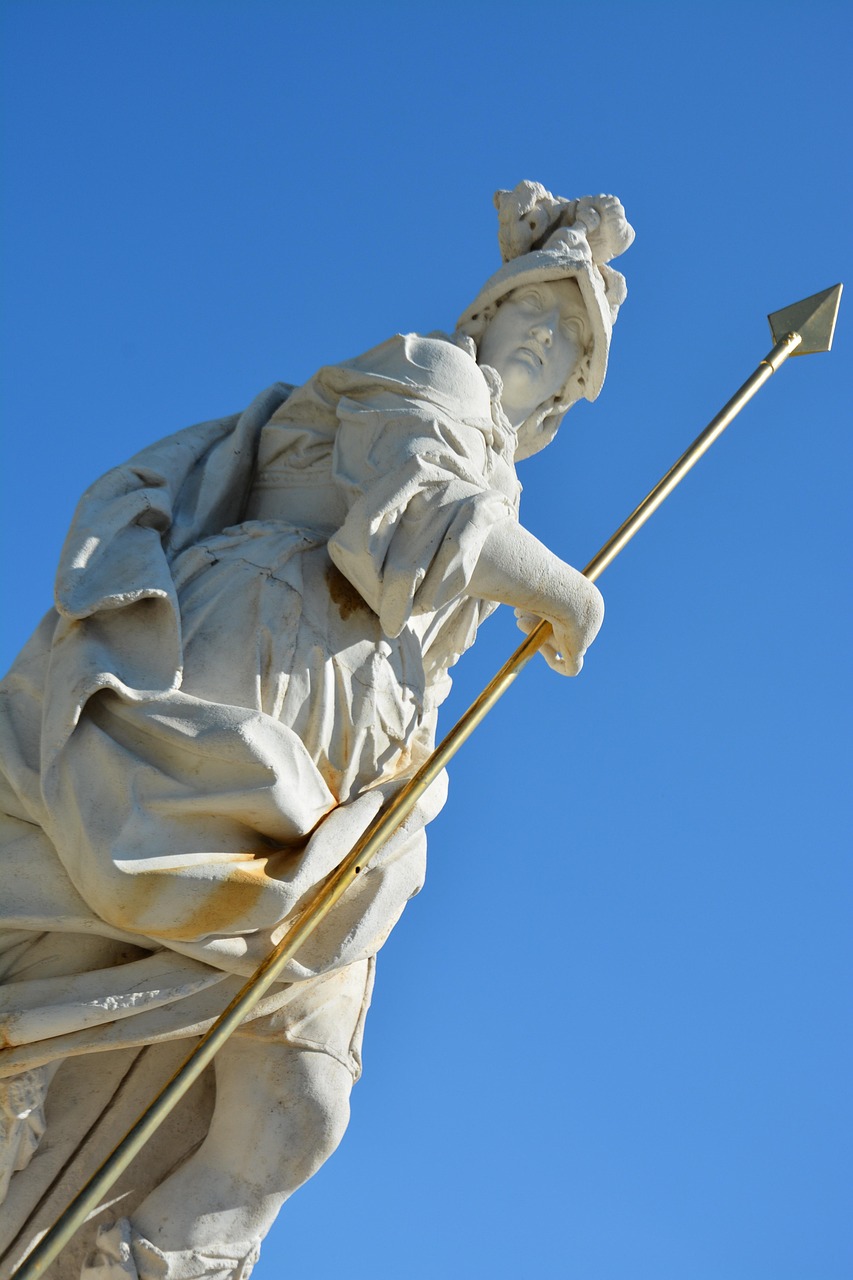
Every minor and major God have many ancient Greek mythology stories associated with their name. Most of which would be intertwined with other stories and legends. These would then find their way into folklore and legends to be passed on to the next generation.
The list of ancient Greek mythology narratives includes the heroics of legendary figures and demigods such as Heracles, Achilles, Jason, Perseus, and many more.
The stories and legends of the mighty Heracles (Hercules) are also popular. Heracles and his twelve labors, the voyage of Jason and the Argonauts, The Trojan War, and the heroics of Achilles are all part of ancient Greek legends. These are still utilized as a form of entertainment in the modern-day world.
Ancient Greek Mythology: The Greek Tales
The tales are usually divided into the tales of love and the tales of punishment. The tales of love involve any union between Gods and Goddesses or between Gods and mortals. This would result in the birth of heroic offspring who would go on to build the fulcrum of Greek society and legends. These tales would form the major crux of the rich mythological spectrum. Their influence over the culture and legends of the entirety of Greek civilization for thousands of years was enormous.

The tales of punishment would typically delve into the appropriation or invention of an artifact. For example, when Prometheus stole fire from the Gods and gave it to the mortals. It attracted strict punishment for him from the Gods. The tale of how Dionysus punished a king for disrespecting him and not giving favor to a God. The tale of Demeter searching for her daughter Persephone.
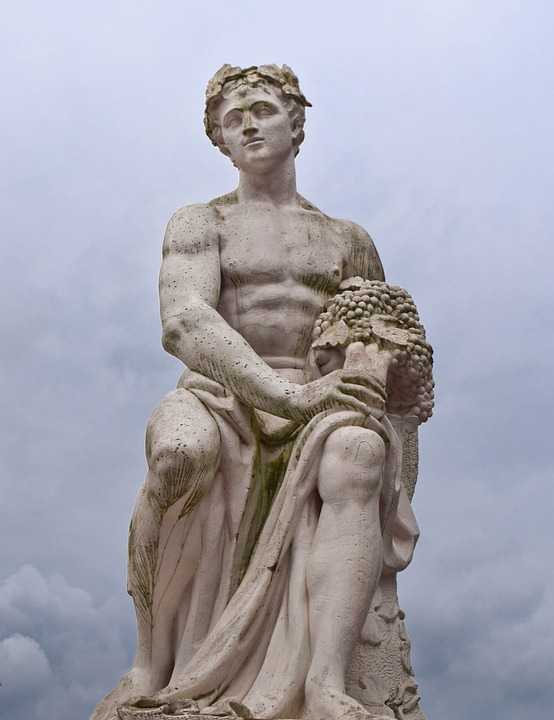
The story resulted in her not giving enough importance to the Earth itself, causing almost all life to become extinct due to her sorrow. These are tales that were celebrated by the ancient Greeks. And had numerous meanings which were interpreted to be passed on as wisdom to future generations.
One of the most important tales prominent and marked in Greek history and with mythological references would be the Trojan war. And the events leading up to it. The events leading up to the abduction of Helen, the declaration of war by the Greeks on the Trojans, the refusal of the Trojans to return Helen, the legendary walls of Troy, and the battles. And the exploits of the warrior Achilles to his eventual death.
Read also: The most famous stories of Greek Mythology
The Trojan horse strategy and the final sacking of Troy are all tales that are mentioned in the epic poems of ancient Greek poets. These tales have inspired and entertained generations of people. The modern-day arts still celebrate these epic tales in the form of movies and cultural references.
Daily life in Ancient Greece
The daily life of mortals in Ancient Greece would include mainly following the routine of completing one’s duties as a citizen. Later, they would then devote their time to praising and worshiping their preferred deity. This was dependent on which city they lived in and which God they owed their allegiance to. The life of the average Greek person would mostly be spent earning their keep. And once accomplished, it would end with the tales and exploits of the Gods and the Heroes to brighten up their evenings with a cup of wine.
Homage was paid to the Gods by the construction of pristine monuments and sanctuaries to the Gods. This is where priests would pay homage to them through sacrifices and pray to the Gods to guide them in their daily lives. The common man would look up to the priests. They would guide them with the help of oracles to live their lives in ways beneficial to society and acceptable to the Gods.
Life of the Gods in Ancient Greece
The days of the Gods in Ancient Greece were spent living atop Mount Olympus. They observed the life of the mortals, drinking Ambrosia to quench their thirst and maintain their immortality. The Gods would have the power to influence the life of the mortals, and they would do that at their whim. Often it would alter the natural course of things and bring about a disturbance in the daily peaceful narrative. It thus gave rise to many myths and legendary stories. These were passed down over generations and are still celebrated today in different forms of art and literature.
Ancient Greek Mythology is one of the richest sources of insight. Using them, historians can understand the life of an average human being and their thought process nearly four thousand years ago from the modern age. It also tells how these factors influenced their daily life to the extent that they became etched in the annals of history and time. These historical accounts thus cemented the legendary status of the Ancient Greece civilization.


